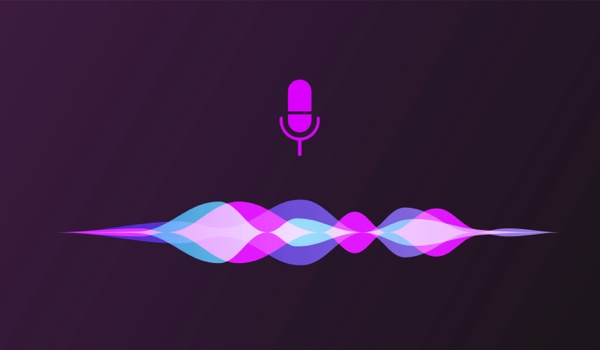


LONDON - Given the growing demand for telehealth services triggered by the pandemic, healthcare organizations need evidence-based telehealth methodologies, especially with the importance of behavioral healthcare and the desire of national policymakers to improve outcomes without increasing costs.
The following is a summary of findings from research gathering the evidence of telebehavioral health’s effectiveness on key clinical outcomes.
Examples of behavioral health services delivered via telehealth include cognitive behavioral therapy, general psychotherapy, behavioral activation, medication management, and training of elderly patients. Earlier studies investigated the influence of verbal self-instructions on the transfer of task-switching training in older adults,1 aerobic exercise and resting blood pressure,2 and the effects of combined physical and cognitive training on fitness and neuropsychological outcomes in healthy older adults.3 Some experimental telehealth services were proven to be effective.4
Increased healthcare costs during the pandemic have triggered the demand of both governments and their populations for cost-effective telehealth services. States often cover telebehavioral health as a treatment modality, meaning that they cover certain services regardless of how they are delivered.
Telebehavioral gamification
A group of researchers has created a novel ‘exergame’ intervention for older adults, called the Body-Brain Trainer (BBT), that requires participants to perform physical movements in response to cognitive challenges that engage different cognitive control domains. This combined cognitive and physical methodology is compelling in that it helps maintain both cognitive and physical health, a combination which is a particularly effective approach. Using such tr
The content herein is subject to copyright by The Yuan. All rights reserved. The content of the services is owned or licensed to The Yuan. Such content from The Yuan may be shared and reprinted but must clearly identify The Yuan as its original source. Content from a third-party copyright holder identified in the copyright notice contained in such third party’s content appearing in The Yuan must likewise be clearly labeled as such. Continue with Linkedin
Continue with Linkedin
 Continue with Google
Continue with Google











 1163 views
1163 views






